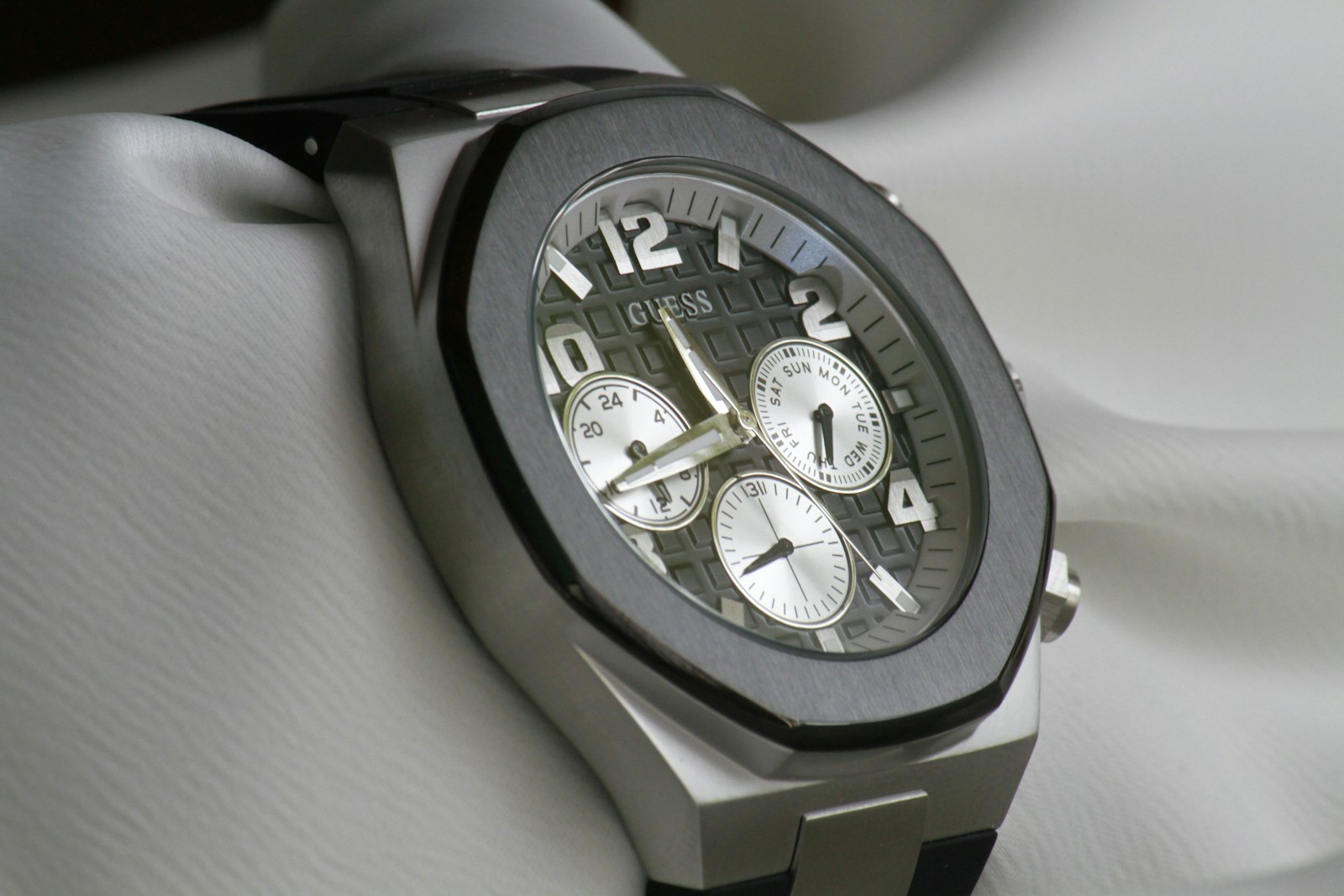
deviner

guess
The French word 'deviner' is equivalent to the English word 'guess'. It is a commonly used verb in French, just as it is in English. It is used in various contexts, such as making a conjecture, assuming, or guessing the answer to a question. Examples of its usage can be found in phrases like 'Je ne peux que deviner' (I can only guess) or 'Devine qui?' (Guess who?).
Example sentences using: deviner
Il est difficile de deviner son âge.

It's hard to guess his age.
This sentence demonstrates how 'deviner' can be used in the context of guessing someone's age. The verb 'deviner' is typically used when someone is trying to guess or assume the unknown.
Je vais deviner ton numéro de téléphone.

I am going to guess your phone number.
In this sentence, 'deviner' is used to express the speaker's intention to guess something, in this case, the addressee's phone number. It's a clear demonstration of one the word's core meanings.
Tu peux essayer de deviner ce que j'ai acheté.

You can try to guess what I bought.
Here, 'deviner' is used in the context of inviting someone to guess or predict something.
Je ne peux pas deviner ce que tu penses.

I cannot guess what you are thinking.
The verb 'deviner' in this sentence stands for the inability to know or predict someone else's thoughts.
Il faut deviner le mot caché.

One must guess the hidden word.
This sentence uses 'deviner' in a game context where the objective is to guess a concealed word.
Arrête de deviner et fait quelque chose.

Stop guessing and do something.
In this instance, 'deviner' is used as an action one needs to stop. It shows how 'deviner' can have negative connotations in specific contexts, referring to inaction and hesitation.
Pouvez-vous deviner la réponse correcte?

Can you guess the correct answer?
Here, 'deviner' is used in a question format, asking the listener if they can predict the right answer.
Je préfère savoir plutôt que de deviner.

I prefer knowing rather than guessing.
In this context, 'deviner' illustrates someone's preference for certainty over assumption or speculation.
Nous devrions deviner moins et écouter plus.

We should guess less and listen more.
This sentence uses 'deviner' to suggest that guessing (and by extension, making assumptions) is not as helpful as listening.
Je ne veux pas deviner, je veux savoir.

I don't want to guess, I want to know.
In this example 'deviner' is portrayed as a less desirable action compared to knowing something for certain, showing a preference for facts over guesses.